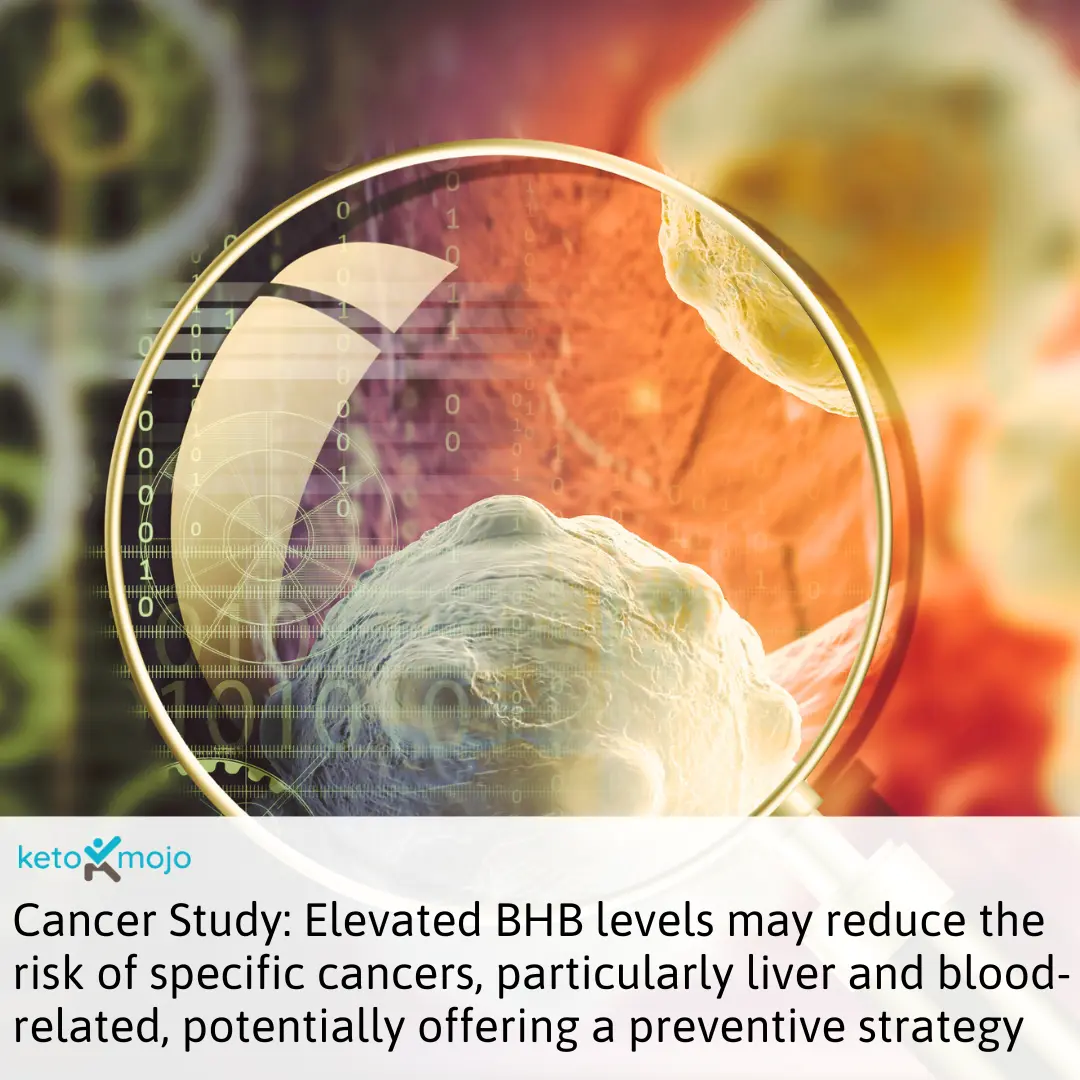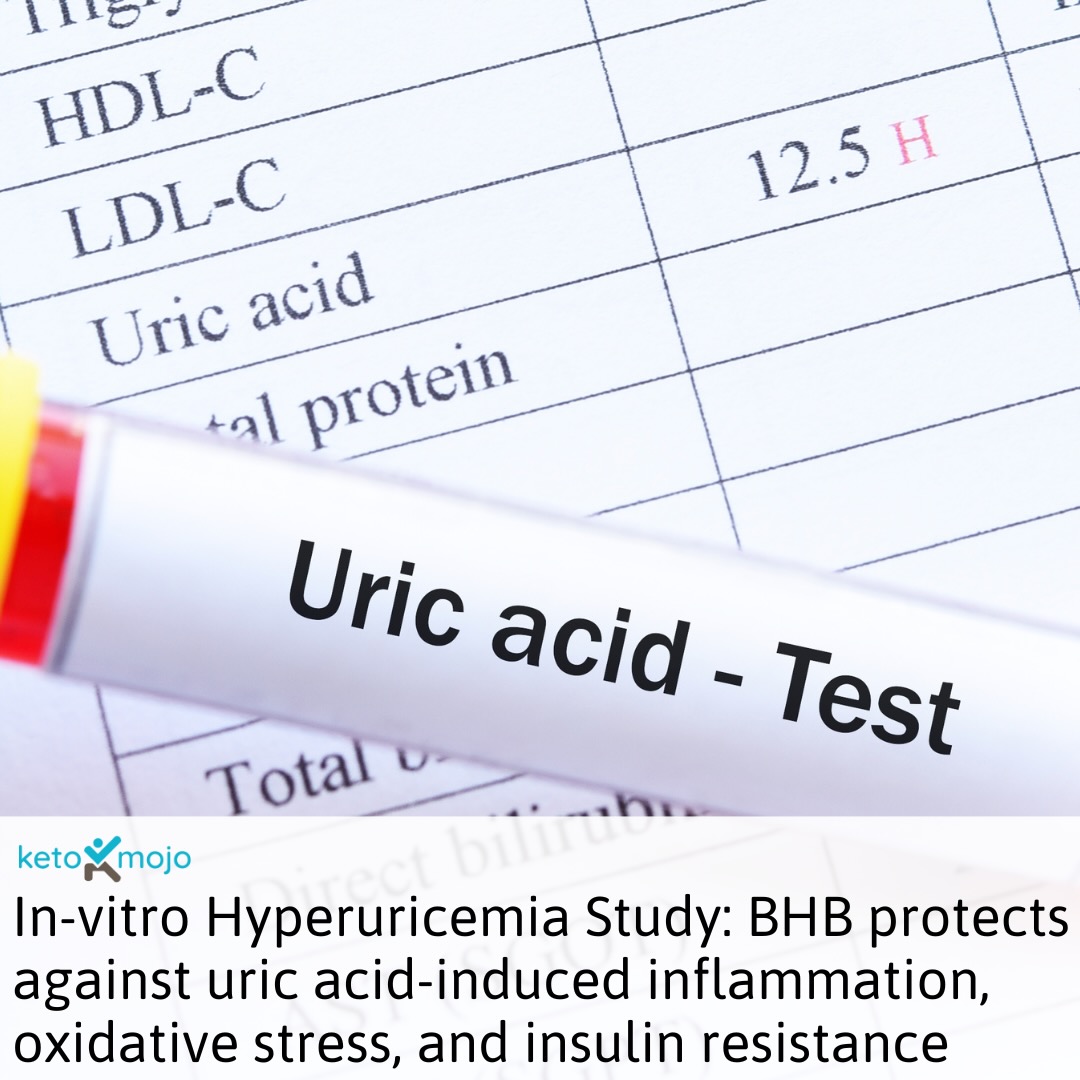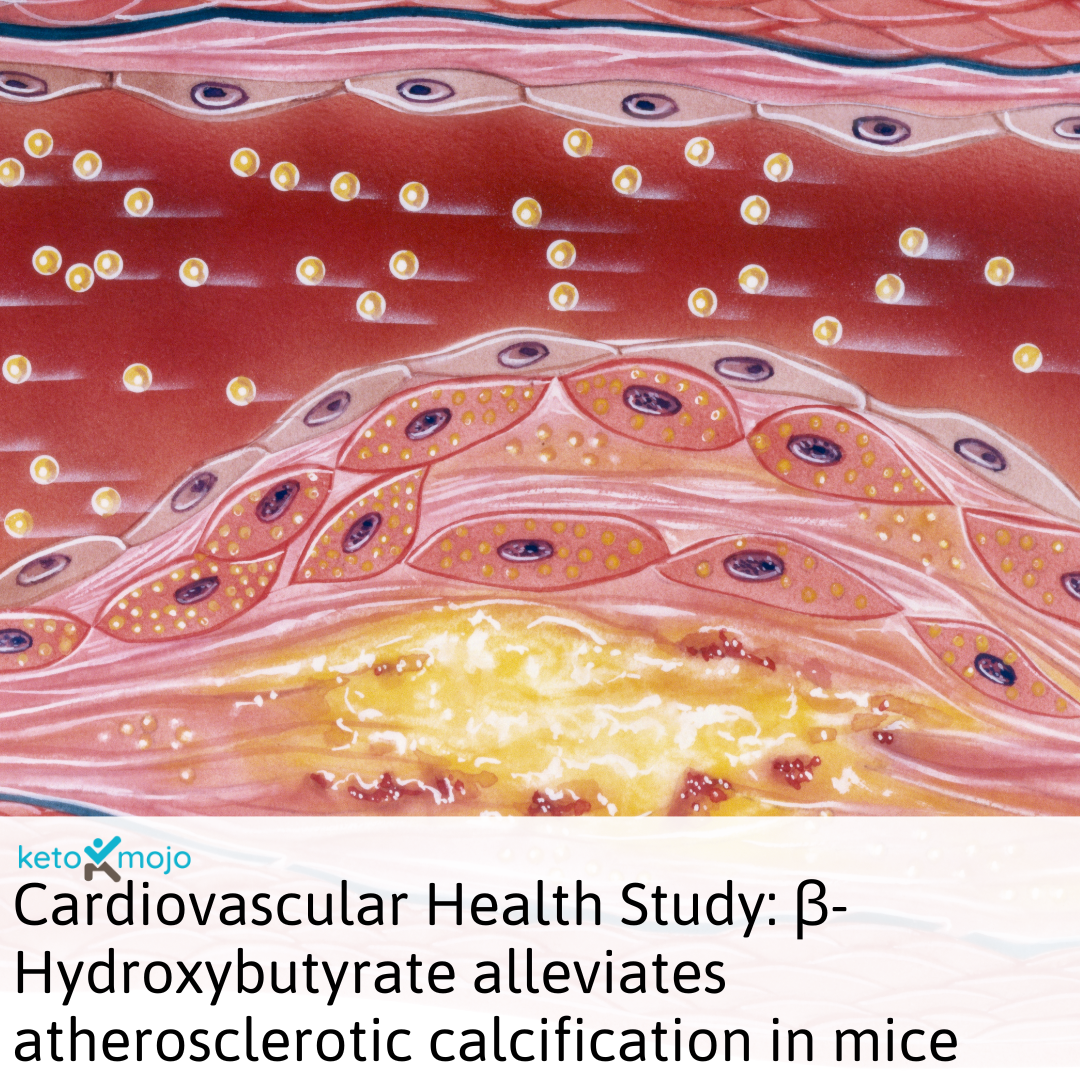Cancer, Endocrine
The genetically predicted causal associations between circulating 3-hydroxybutyrate levels and malignant neoplasms: A pan-cancer Mendelian randomization study

Emerging research suggests that β-hydroxybutyrate (BHB), a ketone body produced via hepatic fatty acid β-oxidation, may have protective effects against certain cancers.
This study aimed to investigate the causal relationship between circulating BHB levels (genetically predicted) and the risk of developing 120 different types of cancer using Mendelian randomization analysis.
Key findings:
- BHB and cancer risk: Elevated levels of BHB were associated with a lower risk of developing several cancers, including diffuse large B-cell lymphoma (DLBCL), hepatocellular carcinoma (HCC), biliary malignancies, and primary lymphoid and hematopoietic malignancies.
- The role of liver fat: Increased liver fat was associated with a decrease in circulating BHB levels and a higher risk of hepatocellular carcinoma and biliary malignancies.
- Proposed mechanisms: BHB may slow cancer progression by acting as an endogenous histone deacetylase inhibitor (HDACi), a mechanism known for impeding tumor growth, particularly in hematological cancers and hepatocellular carcinoma.
These findings offer valuable insights into the potential role of BHB in cancer prevention, especially for liver and blood-related malignancies. They suggest that targeting BHB levels through dietary interventions such as the ketogenic diet could present a promising strategy for cancer prevention and therapy.







